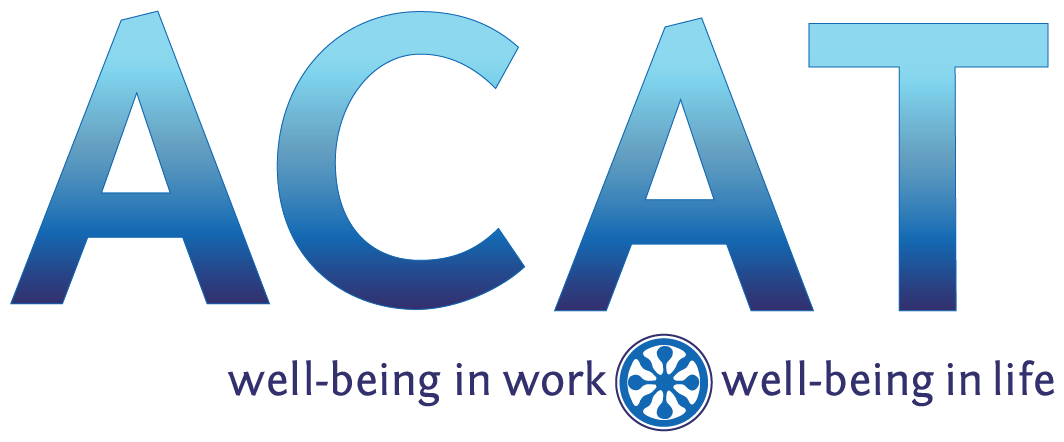by Brooke Lieb (originally published at brookelieb.com)
One hallmark of the Alexander Technique is that it is educational. People who study will be learning independent skills that they can use any time, any where. Autonomy and self-directed mastery are a main goal of the work. The method is a set of principles that inform skills of self-regulation, decision making and problem solving.
The “user” chooses the strata they wish to explore and how they want to apply the work. It can remain in a very physical realm addressing coordination, alignment, form and comfort. It can be used to improve performance in daily and specialized skills. It can also be used to observe and change belief systems, narrative, identity, emotional states and mental processing.
I have been teaching private students, and training teachers for over 30 years, and each individual I teach has her own set of values, goals, desires and reasons for learning and utilizing the Alexander Technique. As a teacher of the Alexander Technique, I am also a client, since my self-work is the frame inside of which I teach. Over the years, my own interests and those of my students have taken me on a journey that inspired me to learn about many disciplines, conditions, and topics I might never have been drawn to.
These days, I am fortunate to work with many teachers in my private practice. Providing ongoing support for my colleague’s professional development is an inspiring lens to view my own work.
Recently, I find myself starting lessons asking my student what they are working on, interested in, needing help with; and choosing how much “education” they want that day, and how much they’d like to work in a less linear, intellectual way.
For the most part, my students have been varied from lesson to lesson and within the lesson about what is relevant for them.
In some lessons, we explore swinging a golf club, or finding a more comfortable set up for working at the computer or sleeping. In other lessons, spontaneous conversations come up about life events, personal or work interactions.
It took my a decade or more of teaching to realize no one is looking over my shoulder grading me on my choices; and there is no Alexander quality control board who’s going to come and weigh in on my teaching choices and style. I came to recognize my own belief systems about whether I would meet with approval from some anonymous Alexander jury of peers and was able to free myself up to be more and more responsive and in service to the person standing in front of me.
I was inspired when I heard a teacher quoted as saying “I don’t teach the Alexander Technique, I teach people.” People literally put themselves in my hands, and I feel the best way I can assist them is to offer them support in the way that is most helpful in the moment. I offer instruction, or my mere presence, and everything in between.
N. BROOKE LIEB, Director of Teacher Certification since 2008, received her certification from ACAT in 1989, joined the faculty in 1992. Brooke has presented to 100s of people at numerous conferences, has taught at C. W. Post College, St. Rose College, Kutztown University, Pace University, The Actors Institute, The National Theatre Conservatory at the Denver Center for the Performing Arts, Dennison University, and Wagner College; and has made presentations for the Hospital for Special Surgery, the Scoliosis Foundation, and the Arthritis Foundation; Mercy College and Touro College, Departments of Physical Therapy; and Northern Westchester Hospital. Brooke maintains a teaching practice in NYC, specializing in working with people dealing with pain, back injuries and scoliosis; and performing artists. www.brookelieb.com


